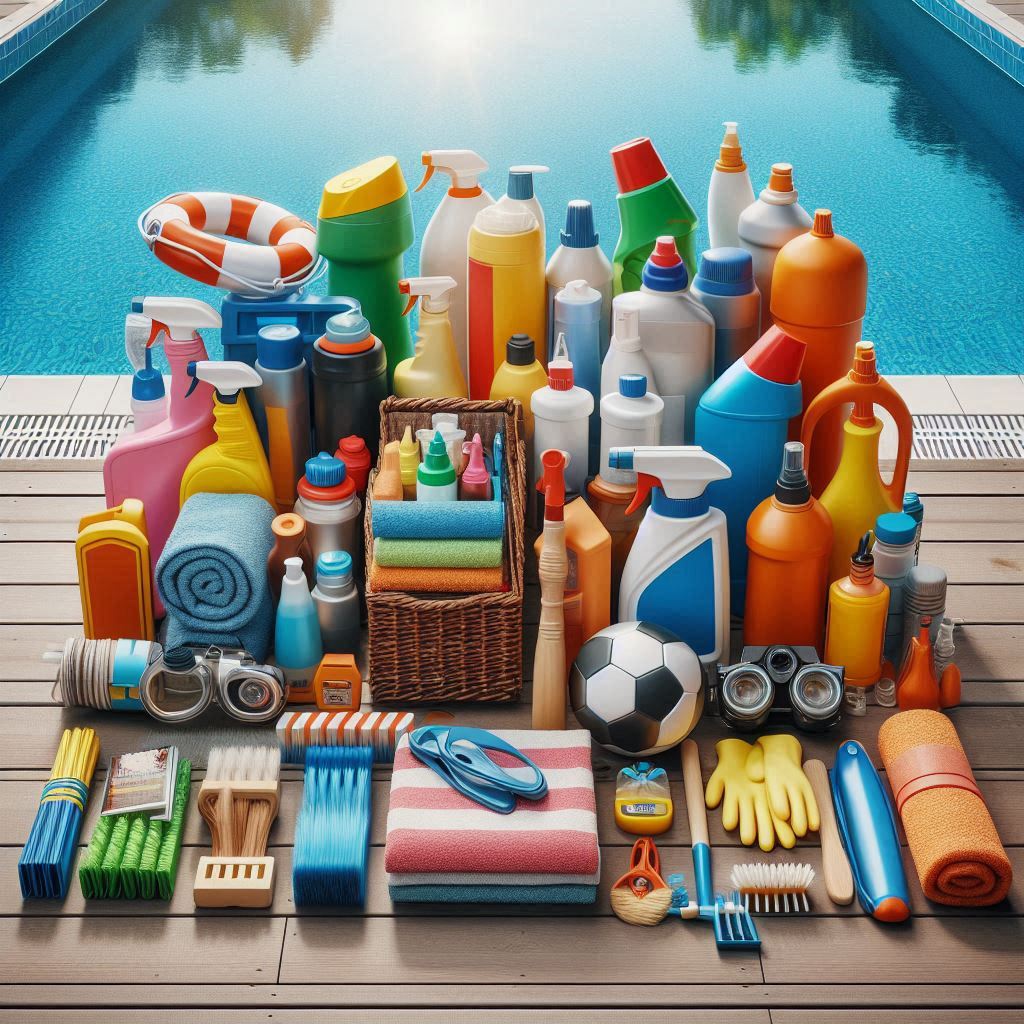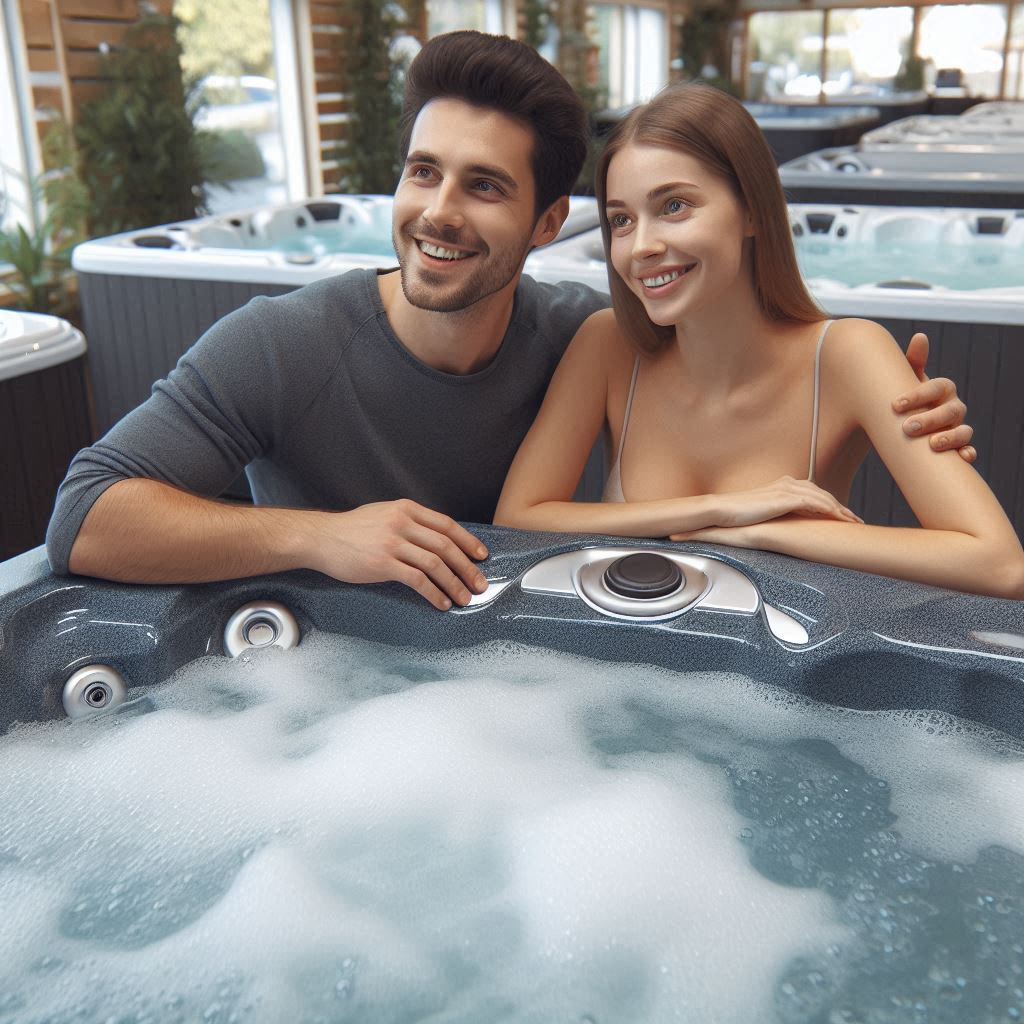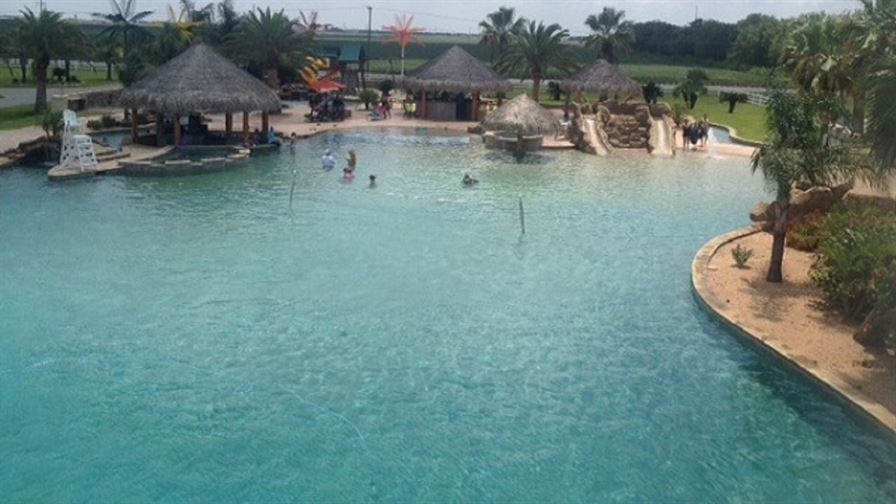Author: The Pool Cleaners

The Ultimate Guide to Pool Safety
Pool ownership presents a high-end experience yet safety needs to remain the top priority. Pool safety measures serve to avoid accidents and injuries when you utilize your pool space for family events or personal relaxation. Pool safety needs immediate attention because drowning stands as one of the main causes of accidental deaths that particularly affect…
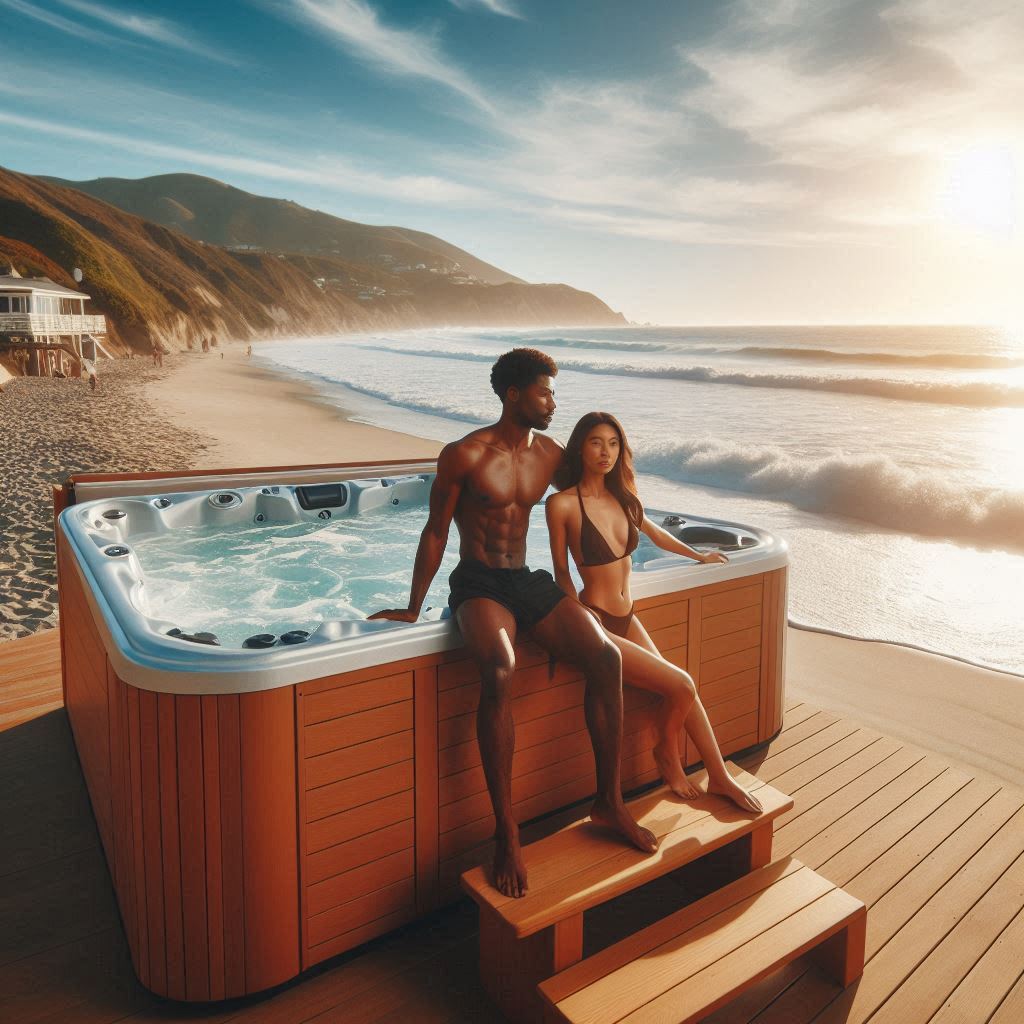
The truth about owning a swim spa or hot tub: Key terms and questions answered
The following points summarize what this article teaches readers: The article presents fundamental electrical aspects that need evaluation before placing a hot tub installation. What makes a site survey essential for hot tub delivery preparation? What is calcium hardness and why does hot tub water need it and what are its proper levels? Daily hot…
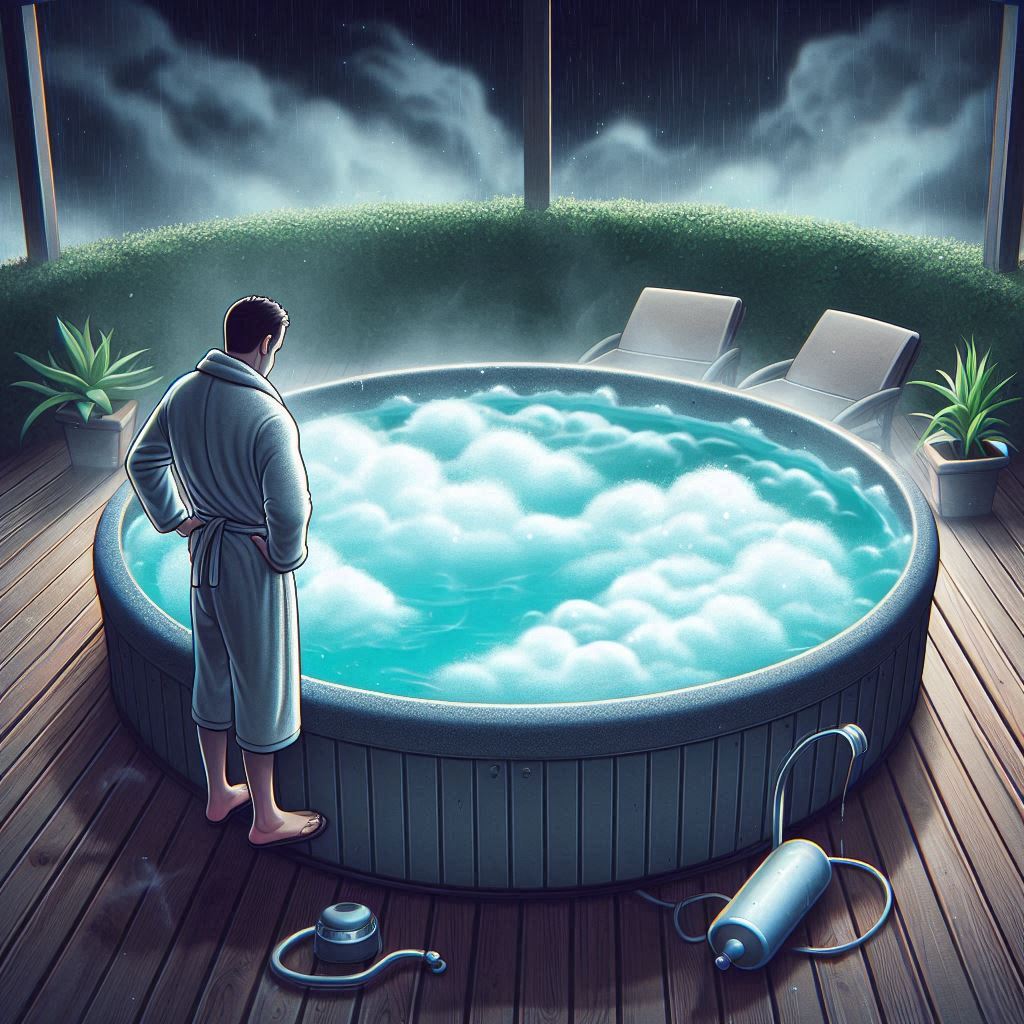
How to prevent cloudy water in your swimming pool or hot tub: FAQs
Hot Tub Water Clarity FAQ Q1: Hot tub water appears cloudy due to what reason? Hot tub water appears cloudy because tiny particles exist in the water which filters cannot capture. The main culprits are: Hot tub water contains a mix of dead skin cells together with body oils and sweat as well as cosmetics…
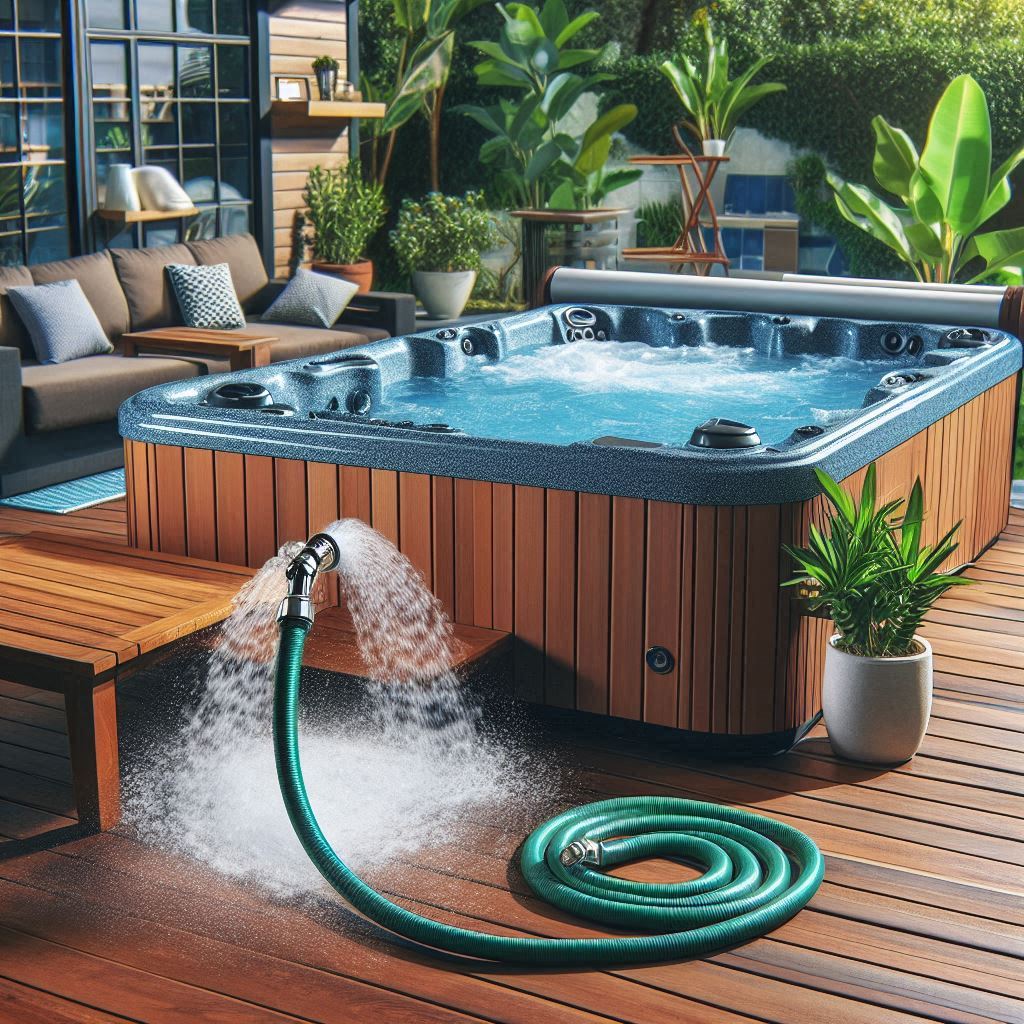
Saving water while using a swimming pool or hot tub: FAQs
Hot Tub Water Conservation FAQ 1. What reason exists to save water for your hot tub maintenance? Environmental sustainability and cost reduction benefit from water conservation practices. Your responsible water consumption supports environmentally friendly operations while saving you money on your utility bills. 2. What method allows me to monitor the water usage of my…
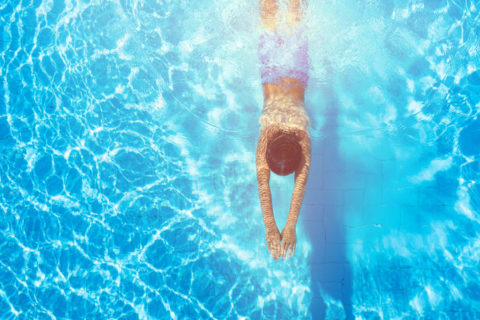
How to Maintain a Saltwater Pool in the UK
Saltwater pools have become more popular due to their low chlorine levels and decreased chemical usage. The following post includes tips for proper maintenance of saltwater pools. 1. Test Water Chemistry Regularly Testing the water chemistry remains essential for maintaining proper saltwater pool balance. Recommended Levels: pH: 7.2 – 7.6 Alkalinity: 80 – 120 ppm…
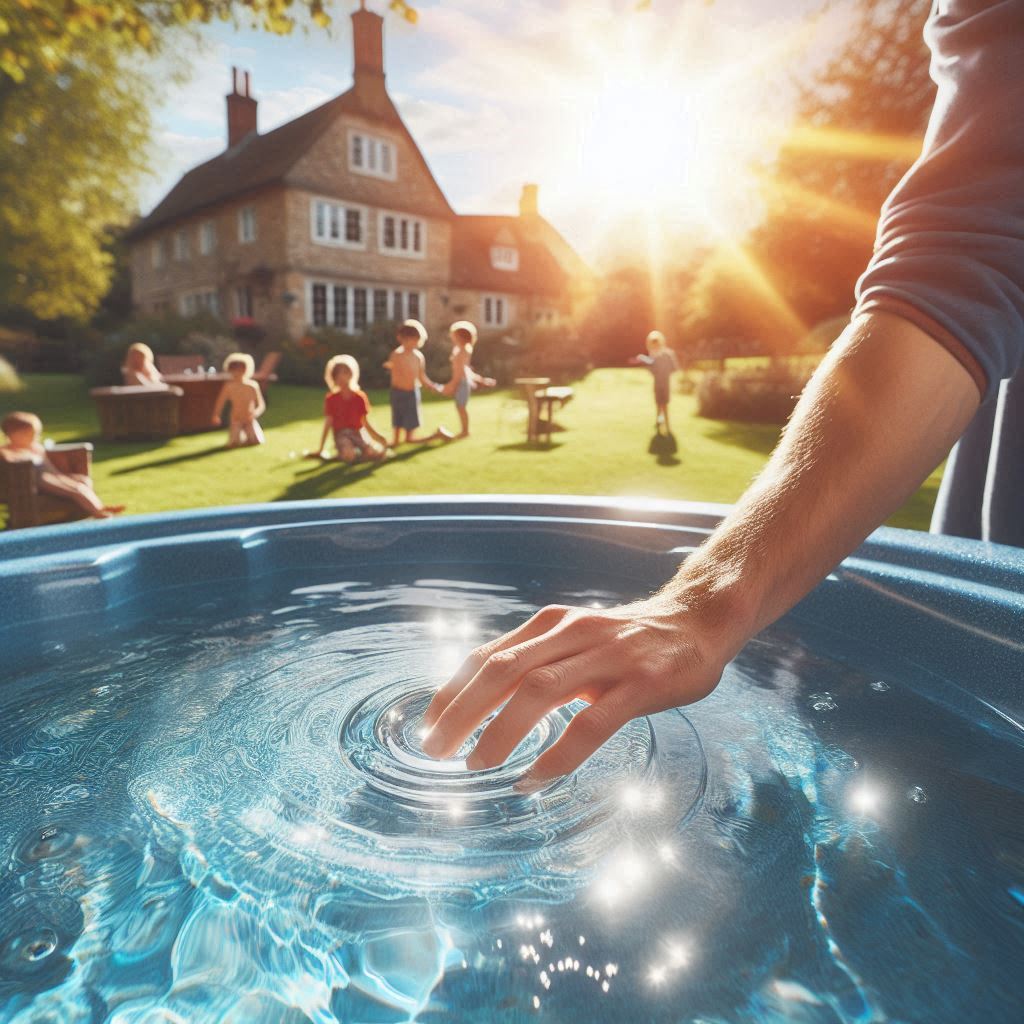
Hot tub maintenance – Everything you need to know: Key terms and questions answered
Hot Tub Water Chemistry and Maintenance Some questions you might have: Explain the function of hot tub filters and explain why their maintenance is essential. What is the recommended frequency for cleaning hot tub filters, and the procedures for weekly and monthly cleaning? Explain the role of pH balance in hot tub water, explain the…

Closing Your Pool for the Winter: Best Practices
The approaching season requires you to prepare your pool for winter closure. Winterizing your pool correctly ensures protection from freezing temperatures together with debris and potential equipment damage that occurs during colder months. A proper pool closure method during winter prevents expensive springtime repair needs so it is essential to follow the correct procedure. The…
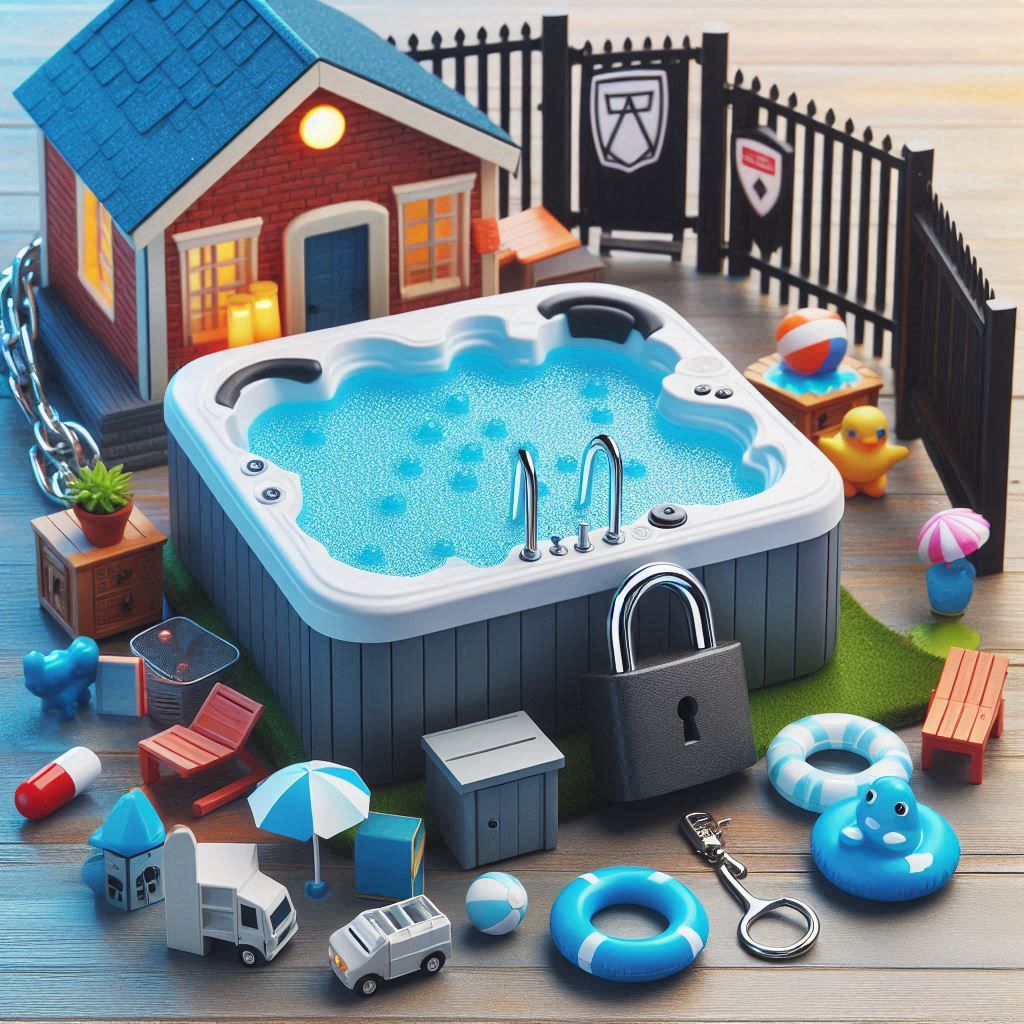
Keeping your spa and hot tub safe and secure: Key terms and questions answered
Key Terms CCTV stands for Closed-Circuit Television and it is a system of cameras that is used for surveillance and security purposes. Data Protection Act: This is the UK law that is used to regulate how personal data is collected, stored, and used, and it includes images from CCTV. GPS tracker: This is a device…
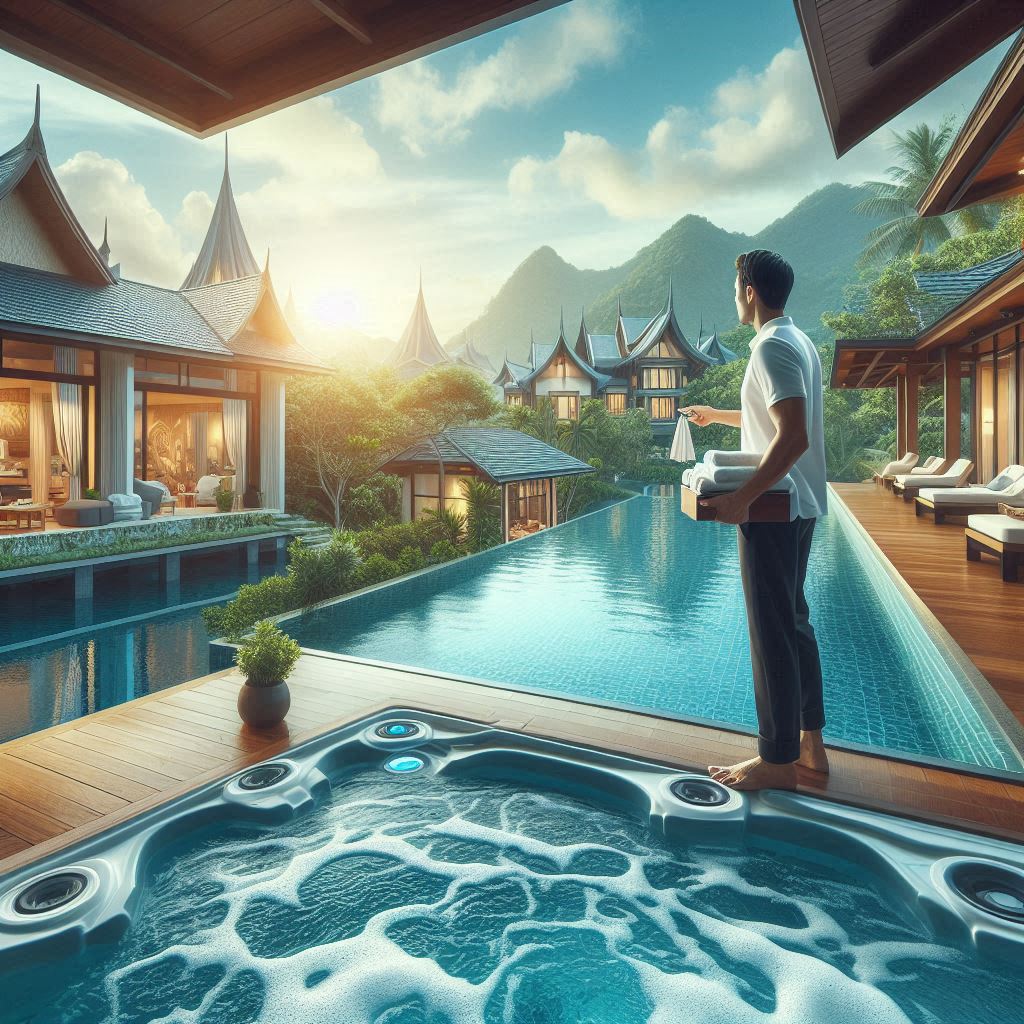
Maintaining safe and clean water in pools and spas: A simple guide
What you need to know: The proper care and cleanliness of recreational water requires both sanitation measures (eliminating bacteria and algae) and water balance maintenance (controlling pH and alkalinity and hardness and total dissolved solids levels). The common sanitizers used in the water include chlorine and bromine. The chlorination system functions as both sanitizer and…
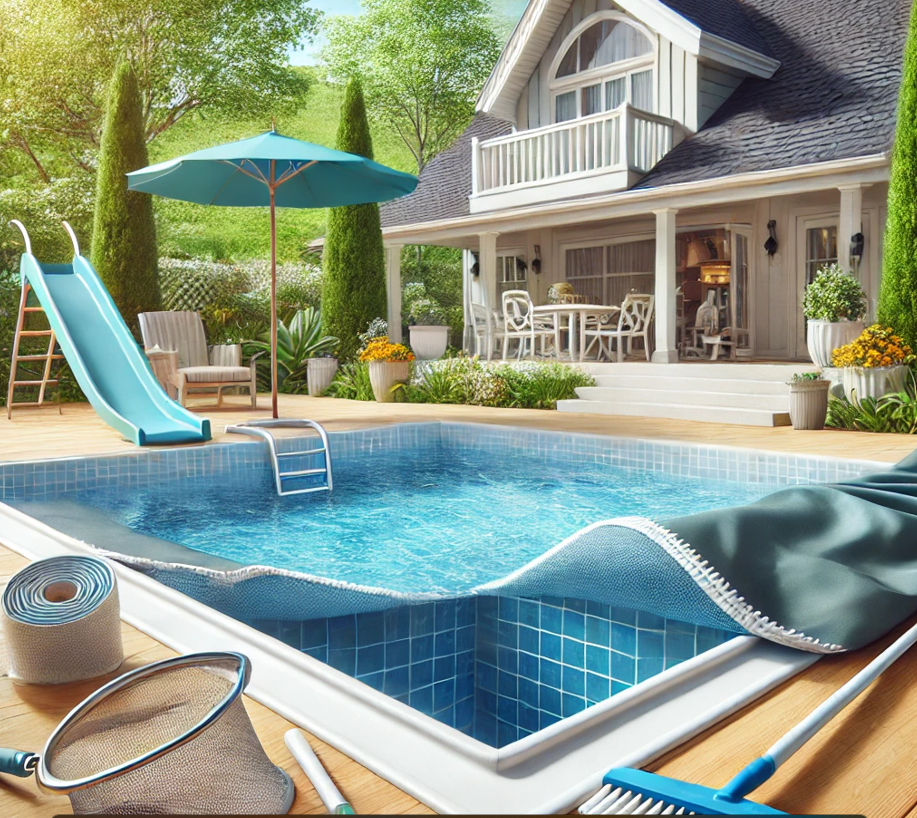
Opening Your Pool in the Spring: Do It Like a Pro!
Spring season arrival brings an end to winter chill which requires pools to become operational for warmer weather days. A structured approach enables people to handle the pool opening process effectively without experiencing overwhelming stress. The process demands both patience and thoroughness to establish clean and balanced conditions which will enable new season enjoyment. The…
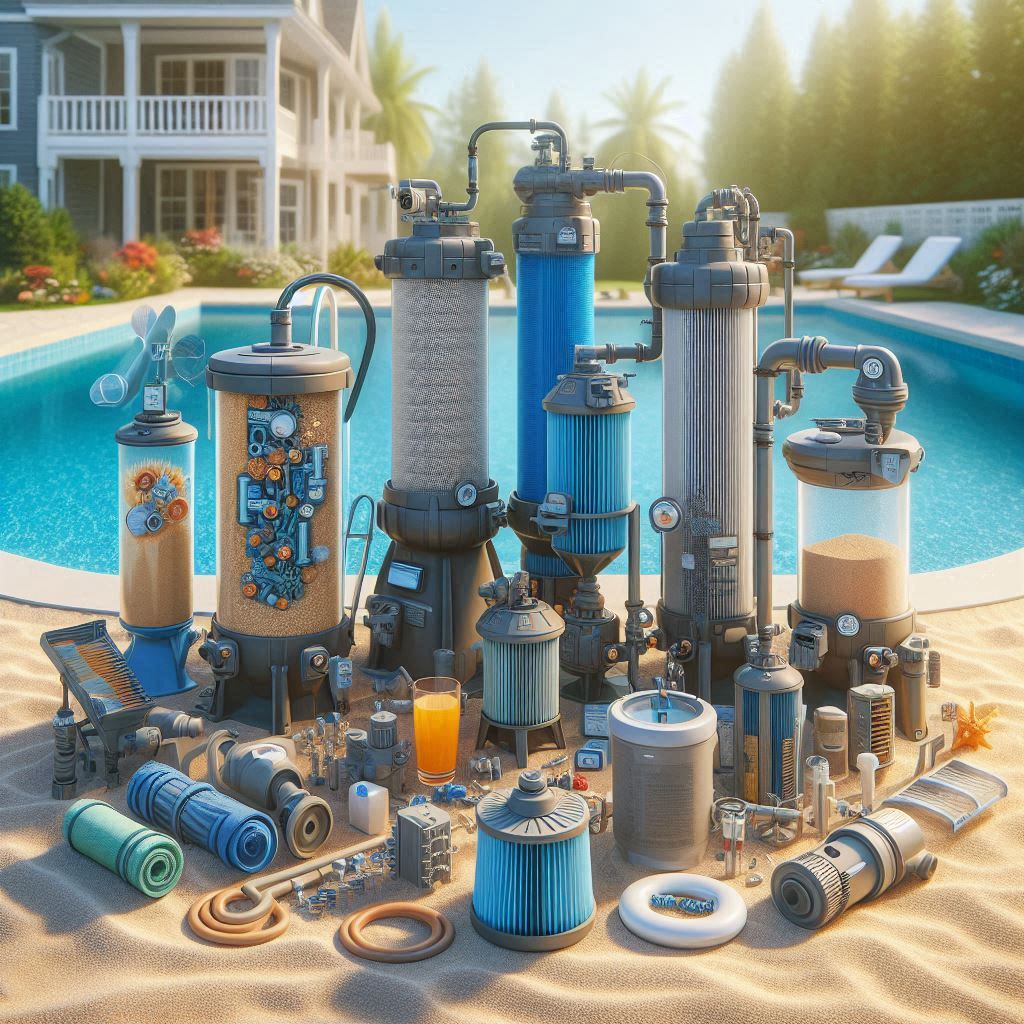
Understanding Pool Filtration Systems: Types and Maintenance
Pool water cleanliness and transparency depend on an operational filtration system. This article details different pool filtration systems along with their operational methods and maintenance recommendations for best results. 1. Types of Pool Filtration Systems Pool filtration systems consist of three types which include sand filters together with cartridge filters and diatomaceous earth (DE) filters.…
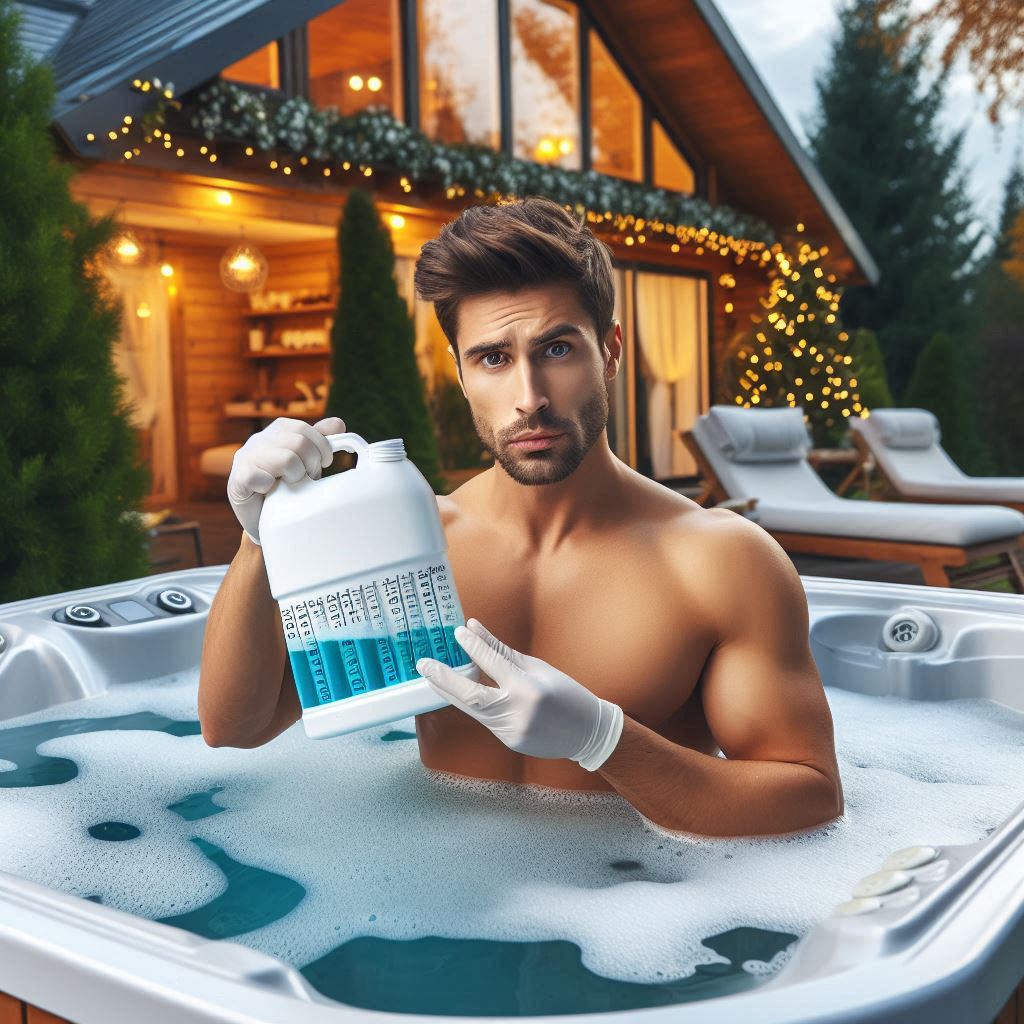
Testing swimming pool and hot tub water: Key terms and questions answered
Some helpful terms: Alkalinity is the ability of water to resist pH changes. Bromine: A halogen disinfectant, often used in hot tubs and spas due to its effectiveness at higher temperatures. Calcium Hardness: The amount of dissolved calcium in the water. Chlorine: The most commonly used pool disinfectant; exists as free chlorine (available for disinfection)…

The Role of Alkalinity in Hot Tub Water Chemistry
Total alkalinity is very important to the water chemistry of your hot tub. By understanding alkalinity, and how it affects pH, you will be able to provide yourself with a safe and enjoyable experience. This blog post will go over what alkalinity is, what the ideal levels are, how to test and adjust it, and…
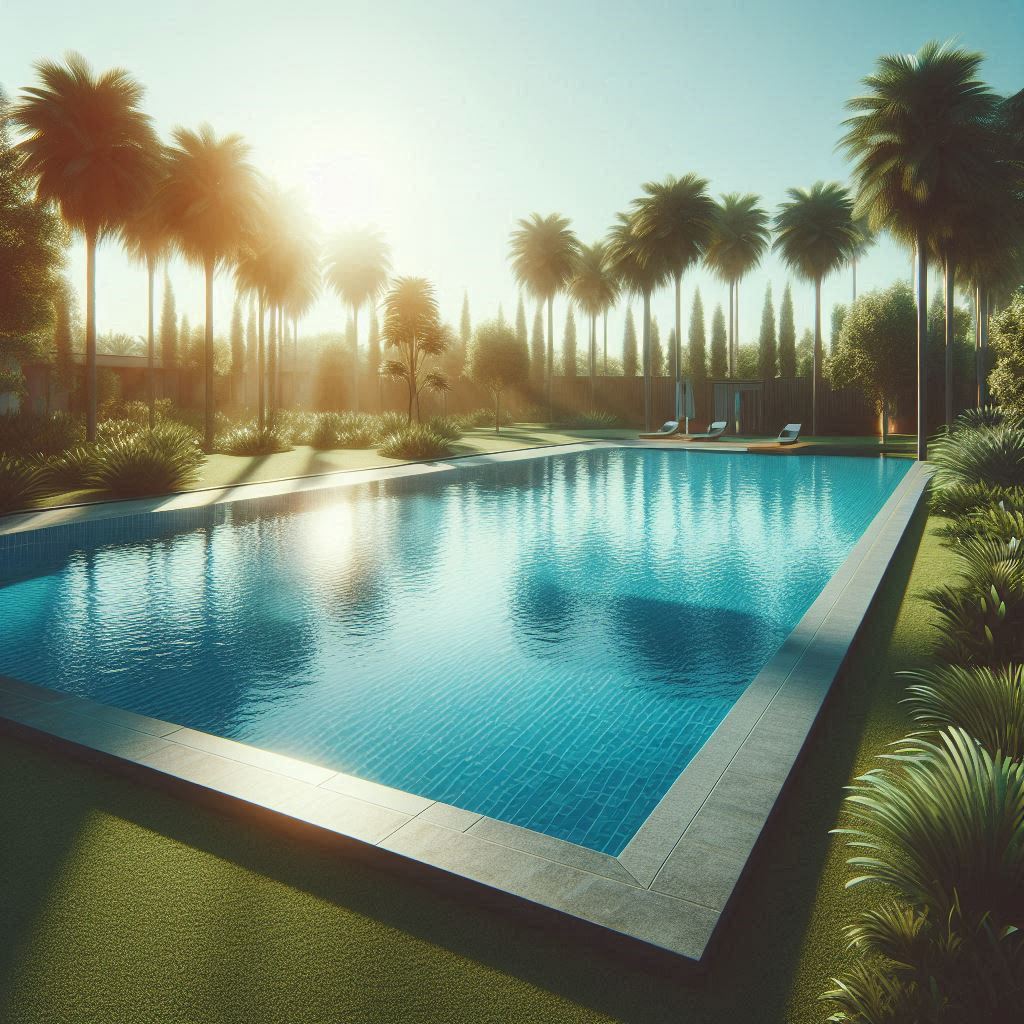
DIY Swimming Pool Construction & Management – Key terms and questions answered
Glossary of Key Terms Datum Point: A reference point that establishes the final height of the pool surface and is usually set at the coping stone level. Hopper Pool: A pool with a sloping floor that goes from shallow to deep, forming a hopper shape. Constant Slope Pool: A pool with a gradual slope from…
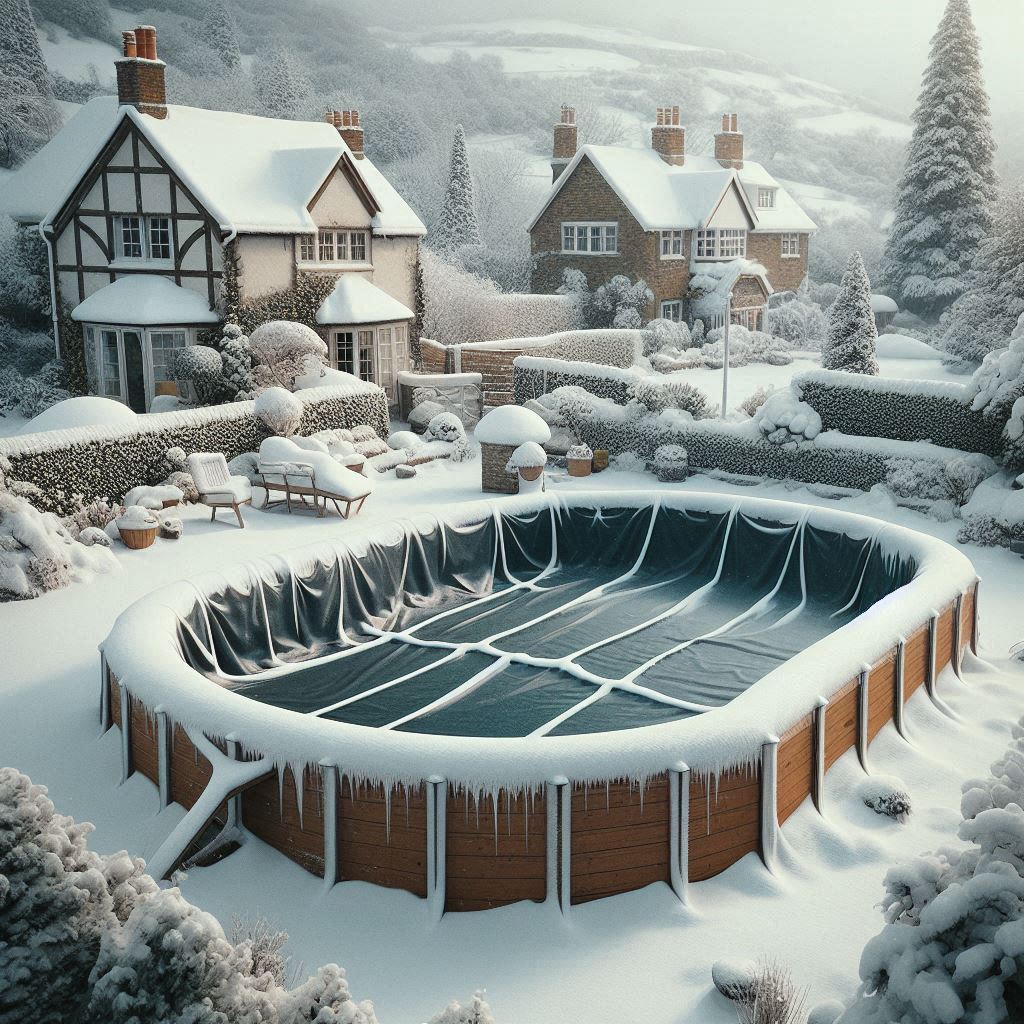
The Importance of correctly Closing your Swimming Pool for the Winter
Winter pool maintenance plays an essential role in protecting your pool investment while allowing for easy spring reopening. The following post examines pool winterization importance followed by step-by-step instructions for winter pool closing. 1. Why Winterize Your Pool? The process of winterizing your pool safeguards it from freezing temperature damage along with preventing possible winter…

Hosting the Perfect Hot Tub Party: FAQs
1. How do I protect the visitors at my hot tub party? Answer: Safety is paramount! Here’s how to keep everyone happy and healthy: Limit the time people spend soaking in the hot tub to 15 minutes. Hydration is key: Provide plenty of non-alcoholic drinks to keep guests hydrated. No glass allowed: Use only non-glass…

How to Spot Pool Equipment Issues Early
Monitoring your pool equipment regularly helps you avoid expensive maintenance and maintain equipment performance. This article examines typical pool equipment malfunctions as well as methods to detect problems before they develop. 1. Unusual Noises from the Pump The pump will produce abnormal sounds when it makes grinding noises or produces high-pitched sounds or rattles because…

The Importance of pH Balance in Your Hot Tub Water
Hot tub safety and enjoyment depends heavily on maintaining proper pH levels in the water. This article investigates pH importance along with testing methods and adjustment procedures while explaining why incorrect pH levels create problems for hot tub systems and bathers. 1. What is pH? The pH scale evaluates water acidity or alkalinity through measurements…

Understanding Hot Tub Chemistry: A Comprehensive Guide
Hot tub users need to maintain proper water chemistry to achieve safe relaxation time. This detailed guide provides an introduction to hot tub chemistry fundamentals together with explanations of importance along with maintenance instructions. 1. Why Water Chemistry Matters Various essential reasons make water chemistry maintenance critical. Safety and health risks occur when the water…
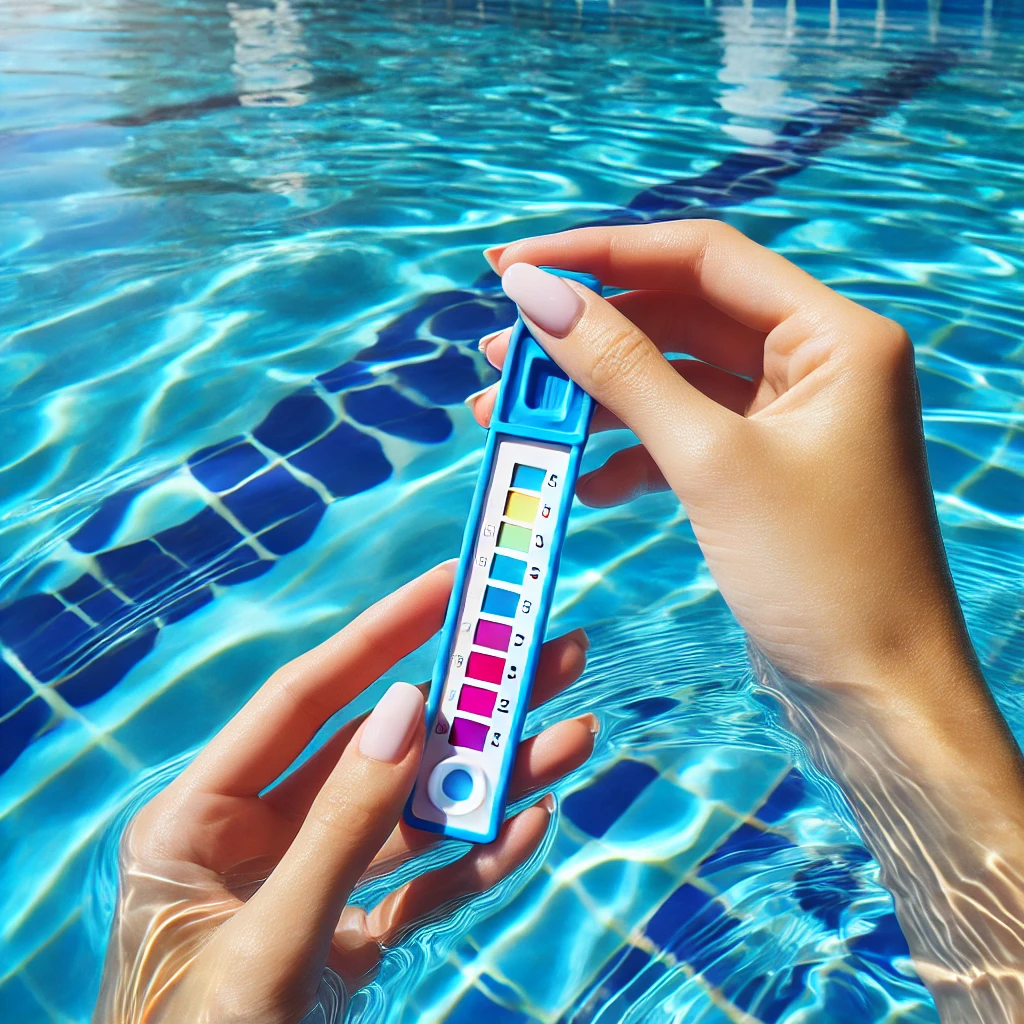
How to Maintain Perfect Pool Water Chemistry All Year Round
Pool ownership brings happiness during warmer months but maintaining perfect water chemistry throughout the entire year presents a difficult task. Your pool will rapidly become unsafe and unattractive when water chemistry values deviate from proper ranges. The following guide provides step-by-step instructions to maintain year-round balanced pool water conditions that result in safe and clear…
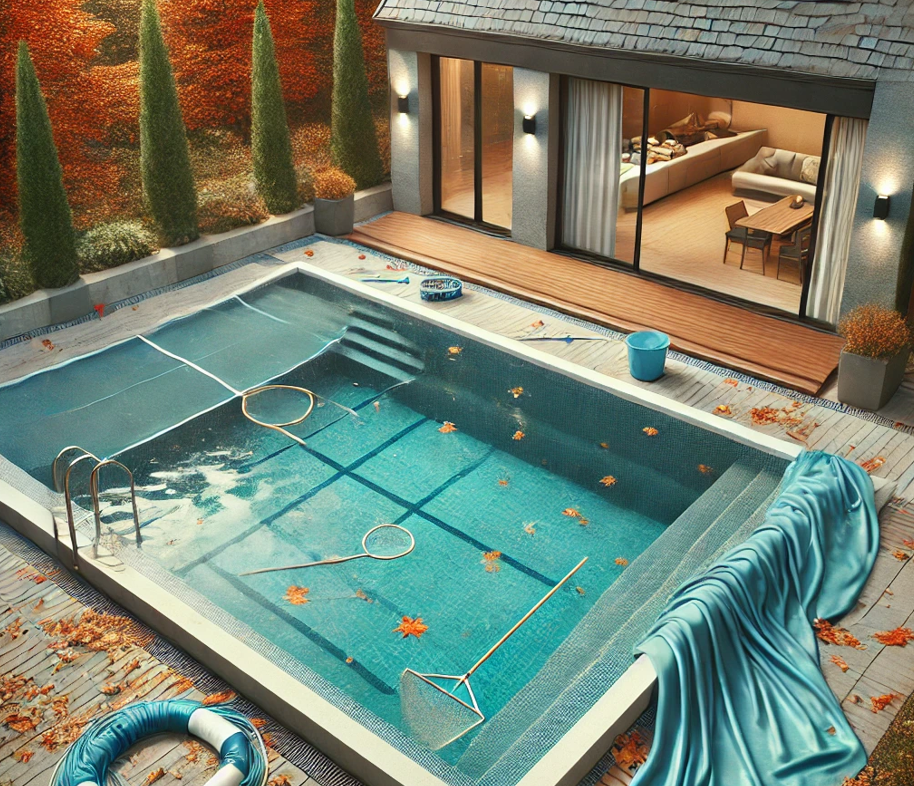
How to Close Your Pool for the Winter: A Step-by-Step Guide
Every pool owner must perform winter preparation for their pool. Protecting your pool during the upcoming cold season through proper winter preparation helps shield it from extreme weather conditions and minimizes possible harm while making springtime pool openings less complicated. A short period of planning together with proper steps will make pool closing both efficient…

Crystal Clear! How to Fix Cloudy Pool Water in No Time
The appearance of cloudy water during pool time creates an immediate disappointment. The appearance creates an uninviting atmosphere and unappealing conditions which may indicate unsafe swimming conditions in your pool. Pool owners commonly experience cloudy water because of chemical imbalances and inadequate filtration systems and environmental contaminants. You can achieve crystal clear pool water through…
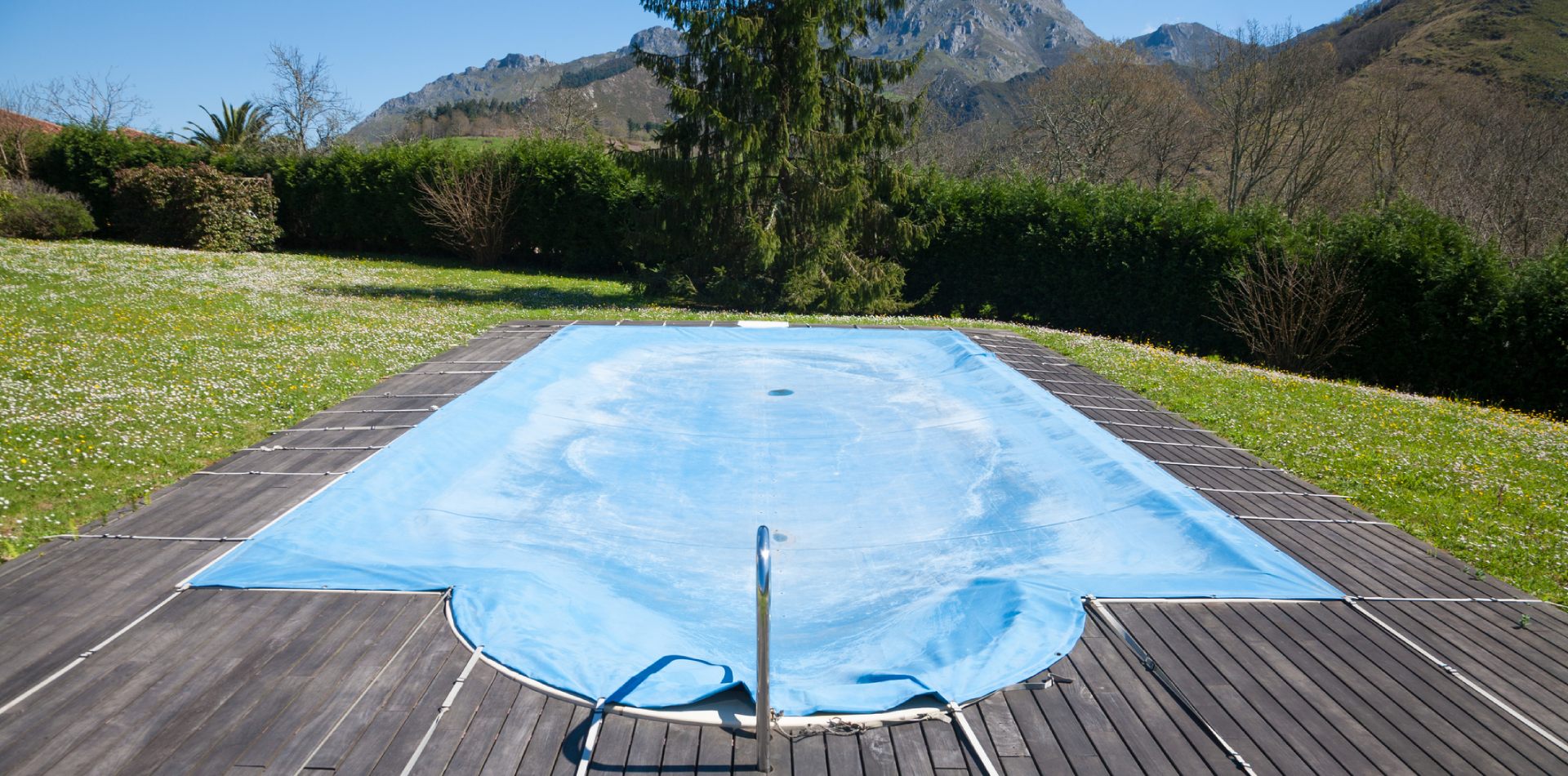
How to open a swimming pool after the winter
The arrival of warmer temperatures combined with extended daylight hours signals the perfect time to banish winter sadness and begin sun-filled enjoyment. The process of opening your swimming pool after winter requires some effort but proper knowledge combined with effort will produce a sparkling pool for summer days. This guide presents the fundamental steps for…
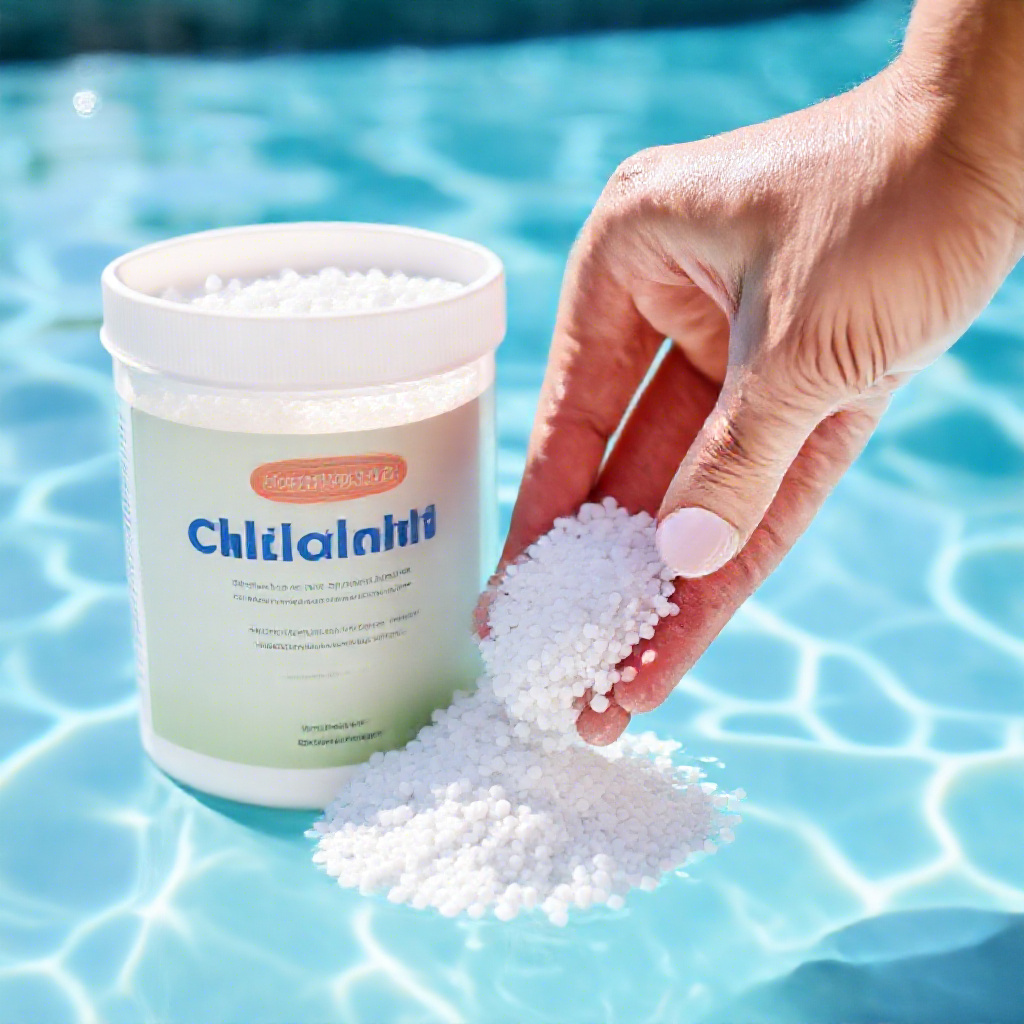
Guide to Chlorine Granules: Uses, Types, and Application
Chlorine granules are trusted for maintaining the cleanliness and safety of pool and hot tub water. This guide examines the types of chlorine granules, their applications, times and places of use, and where to purchase them for optimal outcomes in water care practices. What Are Chlorine Granules Used For? Chlorine granules serve mainly for sanitizing…
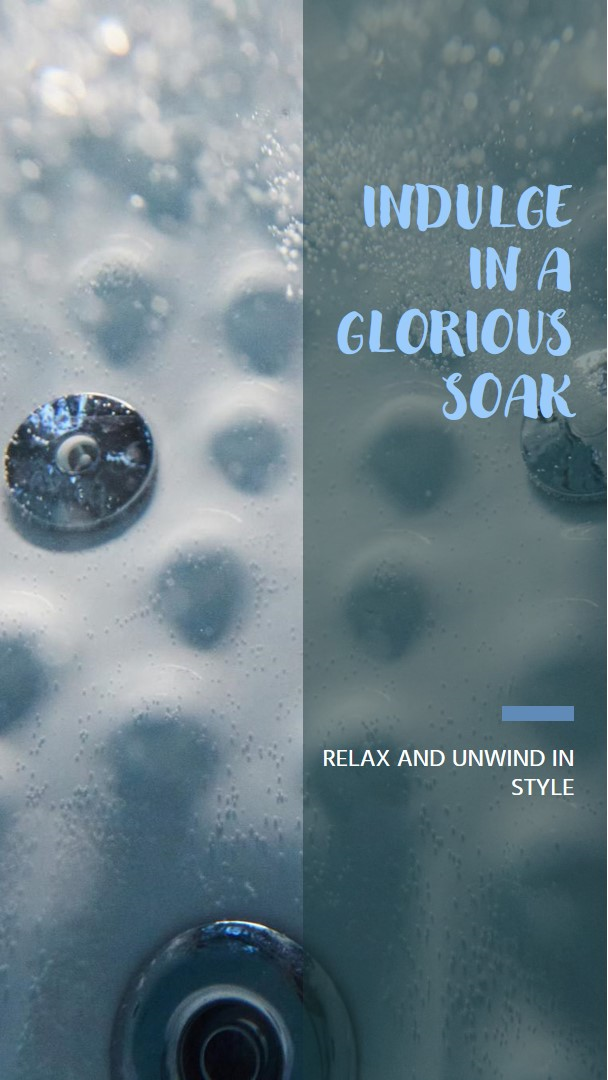
In summary: A Glorious Soak Awaits: Unveiling the Secrets
The practice of pool maintenance should be viewed as a happy adventure instead of an unpleasant chore. Your mastery of filtration and sanitization and pH levels and total alkalinity and calcium hardness will establish a sparkling rejuvenating aquatic sanctuary. Your pool will shine like a gem when you test regularly and clean mindfully and perform…
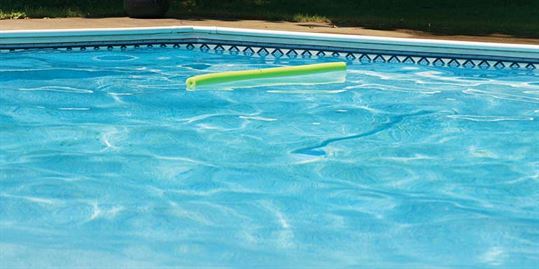
Calcium Hardness: Taming the Element: Unveiling the Secrets
The condition of your pool depends heavily on calcium hardness levels which serve as a critical measurement. The ideal range of 200 to 400 ppm ensures your pool remains free from stains and cloudiness while preventing scale formation. Through proper treatment with muriatic acid or sodium bisulfate you can maintain equipment and surface integrity to…
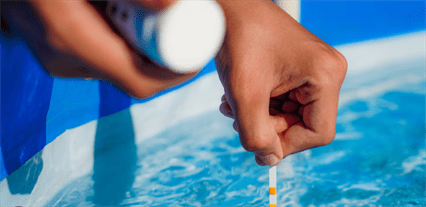
Balancing Act: The pH Level Enigma: Unveiling the Secrets
The pool requires a balanced pH level in its aqueous environment. The pH range between 7.2 and 7.8 protects both pool users and maintains the structural condition of the pool. The pool’s structural components will corrode while swimmer comfort suffers when pH levels become unbalanced. Regular testing combined with strategic chemical adjustments will help you…
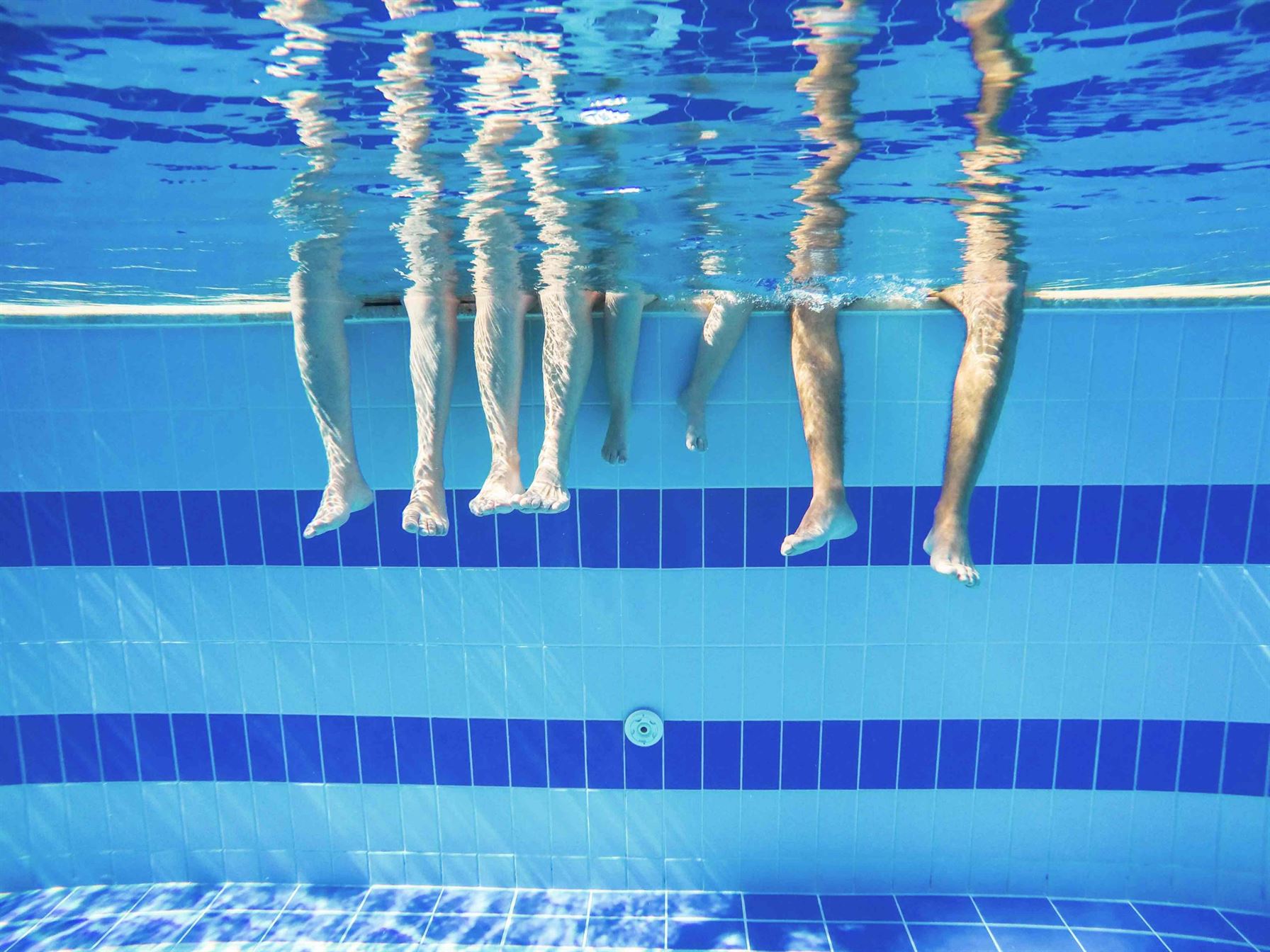
Total Alkalinity: The Silent Protector: Unveiling the SecretsTotal Alkalinity: The Silent Protector
Total alkalinity functions as an unsung hero in pool water management because people commonly confuse it with pH while it maintains equilibrium and prevents pH swings. The water balance depends heavily on this factor because it protects surfaces from damage while maintaining stable water quality. The guardian remains under control through regular testing and appropriate…
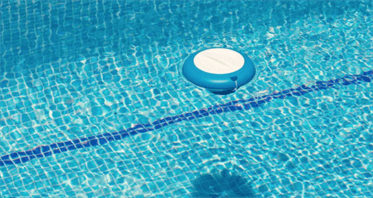
Disinfection Strategies for Pure Tranquility: Unveiling the Secrets
A healthy pool depends on proper disinfection for its survival. The art of maintaining optimal disinfection levels together with efficient circulation and filtration will lead you to a bacteria and algae-free paradise. Chlorine stands as the standard choice but bromine and ozone and saltwater chlorinators provide alternative solutions that match different pool requirements.
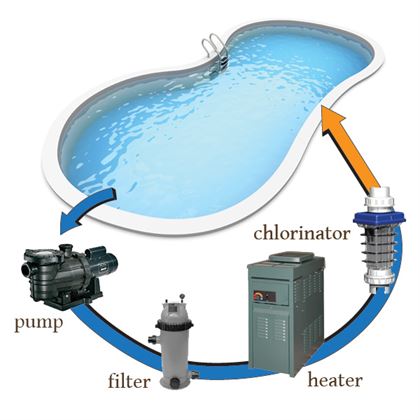
Swimming Pool Filtration: Unveiling the Secrets
A proper filtration system is required to create an aquatic sanctuary because it protects both you and your family members from harmful contaminants. The filtering mechanisms use multiple methods including particle trapping and innovative flocculation techniques to maintain water purity. Sand filtration stands as the most common system yet cartridge and DE filters provide specialized…
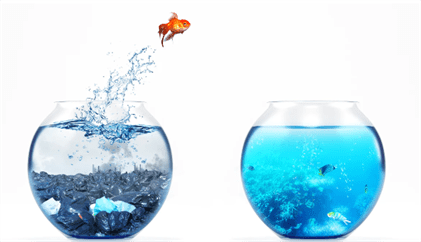
Unlocking the Secrets to Pristine Water in Your Swimming Pool or hot tub
The key to maintaining perfectly clear swimming pool water becomes accessible through this knowledge. The task of preserving your swimming pool’s crystal clarity while removing debris appears overwhelming at first but you should remain calm. The right combination of knowledge and tools and maintenance strategies will turn pool maintenance into a simple process. This article…

Help my swimming pool is green with algae
Every pool owner worries about the contents hidden under winter pool covers during springtime because dark green algae pools stand as the worst-case scenario. You can transform a pool from murky green algae into clear blue water through appropriate chemical applications. The following procedures are implemented by our team for this situation at our location:…

Why should I use chlorine tablets
The water disinfectant Chlorine Tablets effectively eliminates most viruses and bacteria that exist in water. People use these tablets to purify drinking water. The water purification tablets function to disinfect water which people use for cleaning and washing their fruits and vegetables. Water chlorination stands as a globally recognized method to make water safe for…
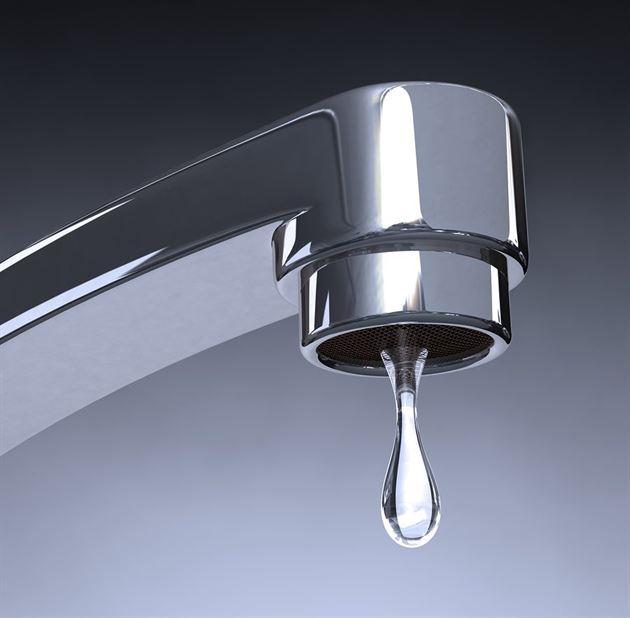
Pool water may be safer to drink than tap water
People commonly view swimming pools as large containers filled with chemical solution. The reality shows that tap water contains more chlorine than pool water because tap water receives permission to maintain higher chlorine concentrations. Pool water contains no more chlorine than regular tap water because pool chemicals need to maintain optimal concentration levels. Check for algae on…
